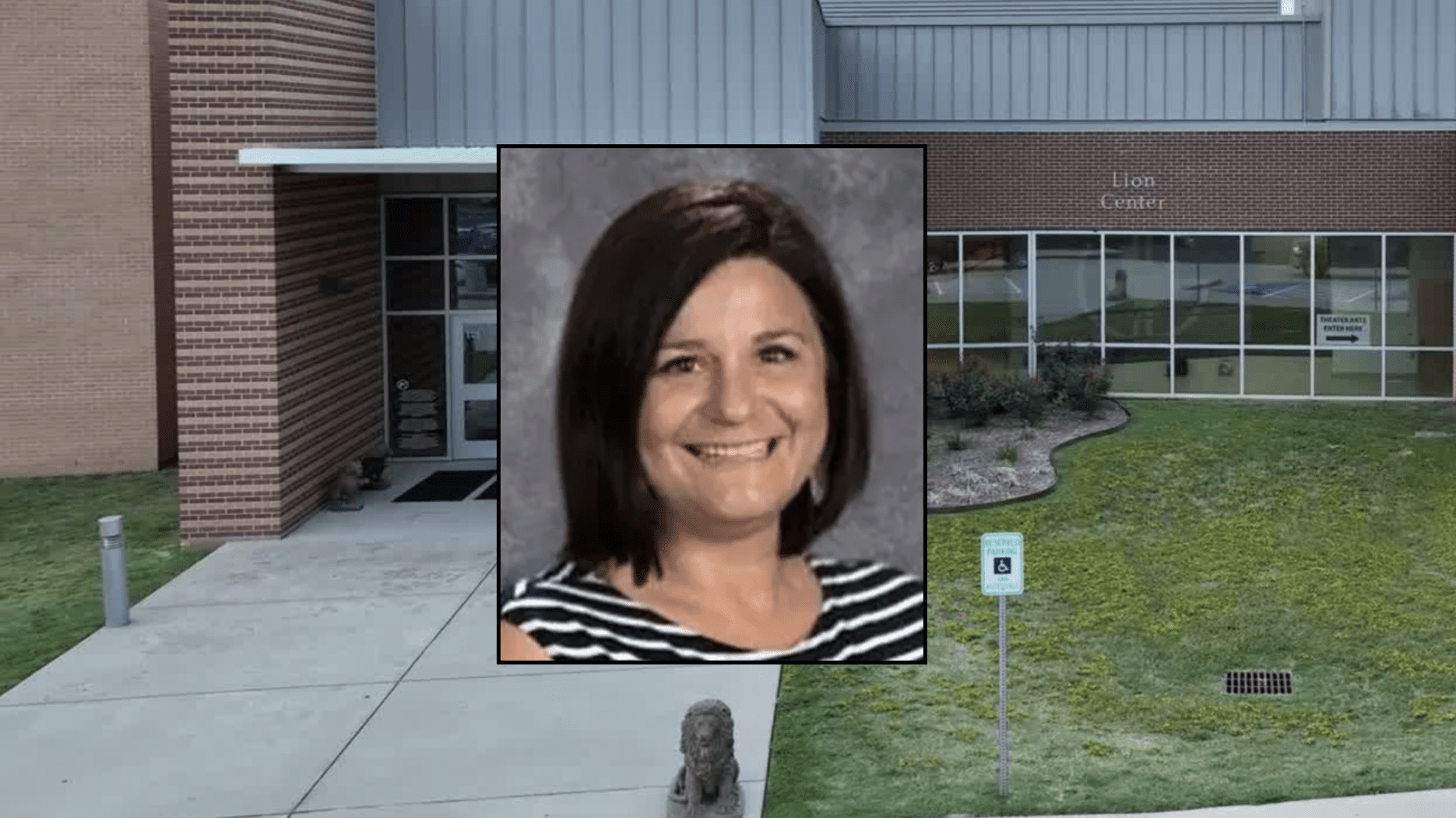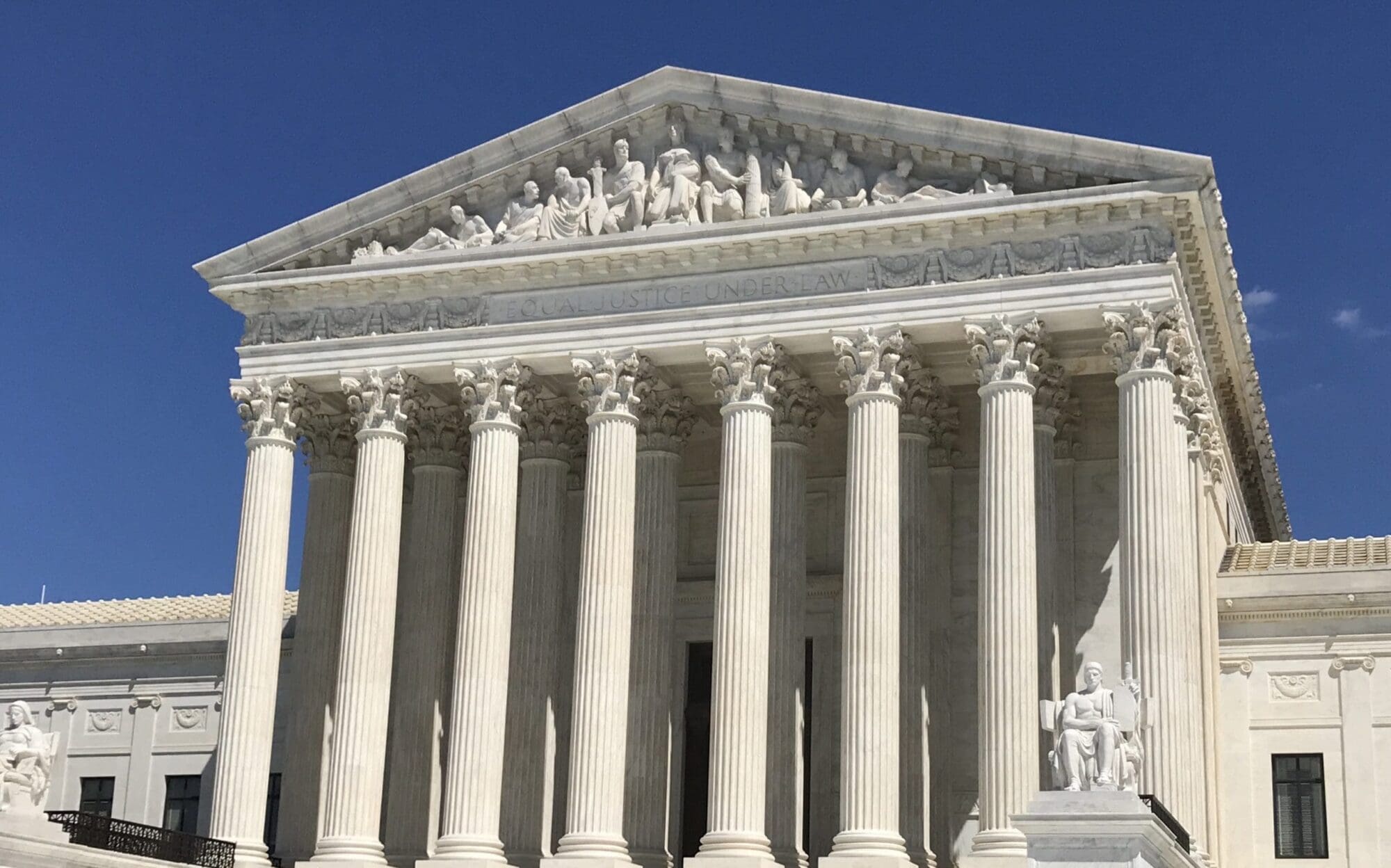Conflicts of interests between agencies and the politicians elected to govern them are prevalent among Texas’ political subdivisions. Until recently, legislative efforts to make them more visible have been largely ignored by a Republican-led legislature that holds a near super-majority in both chambers.
Such a conflict in Aledo ISD, a district in Parker County, provides an alarming example of why reforms should be adopted to help Texans connect the dots. An Open Records Request revealed that Jay Stringer’s small printing company (Pressman Printing, Inc.) was paid $84,225 over the last ten years by the same district he’s elected to govern.
In fact, the vast majority of the funds his company received were the two years coinciding with his run for school board—totaling $52,470.
Even more troubling is the fact that last year’s AISD Pro-Bond Political Action Committee (PAC) named “Aledo ISD Classrooms” paid Stringer’s company $1,313 for campaign material targeting the same constituents Stringer “serves.” The 2014 bond failed, but AISD officials placed a similar proposal on this year’s May 9th ballot.
It’s unclear whether or not Stringer received more than $1,313 related to the pro-bond campaign. A notorious political consultant, Brian Epstein of the Epstein Group, was paid $23,547 of the $26,618 spent by the PAC. It’s possible that the Epstein Group hired Stringer’s firm for other services, payments that aren’t subject to disclosure.
Only the contributions to the PAC and expenditures by the PAC are disclosed under existing state law, not contractors one step removed.
Local government’s can’t engage in political advertising themselves, nor can they give public funds to PACs or campaign consultants. But schools have found a way around such restrictions.
Covertly, they accomplish this is by conducting polling that help target voters and develop persuasive messaging to be used in “informational campaigns.” Both Keller and Aledo ISD hired Baselice, Inc. to perform their voter analysis with the intent to persuade voters, using public funds to finance their own “informational campaigns.”
Since the poll Baselice produced is public information, it can help the pro-bond PACs without the district coordinating with them. In other words, the PACs benefit off districts who pay for the polls without the district violating the law, because everyone has access to the information. The district pays for it, both they and the PAC use it.
Meanwhile, private contractors who stand to be awarded contracts paid for with the newly approved debt also bankroll the pro-bond PAC’s efforts, as was the case last year in Aldeo, Keller and others across Texas. We’ve previously documented the collusive relationship between local governments, their bond referendums and private contractors.
It’s a wildly profitable scheme with the pretense of benevolence—donate thousands to bond campaigns in exchange for tens of millions in debt-financed contracts—all to “help the kids.” In Aledo, Stringer is also helping himself.
Fortunately, Gov. Greg Abbott has championed a series of ethics reforms recently passed by the Senate, although the House is likely to let many Senate priorities die this session.
It’s time for statewide ethics reform that requires all public officials to disclose conflicts of interests they have with any and all government agencies, made public in an online searchable database. After all, public officials are elected to be servants of the people, not beneficiaries.




